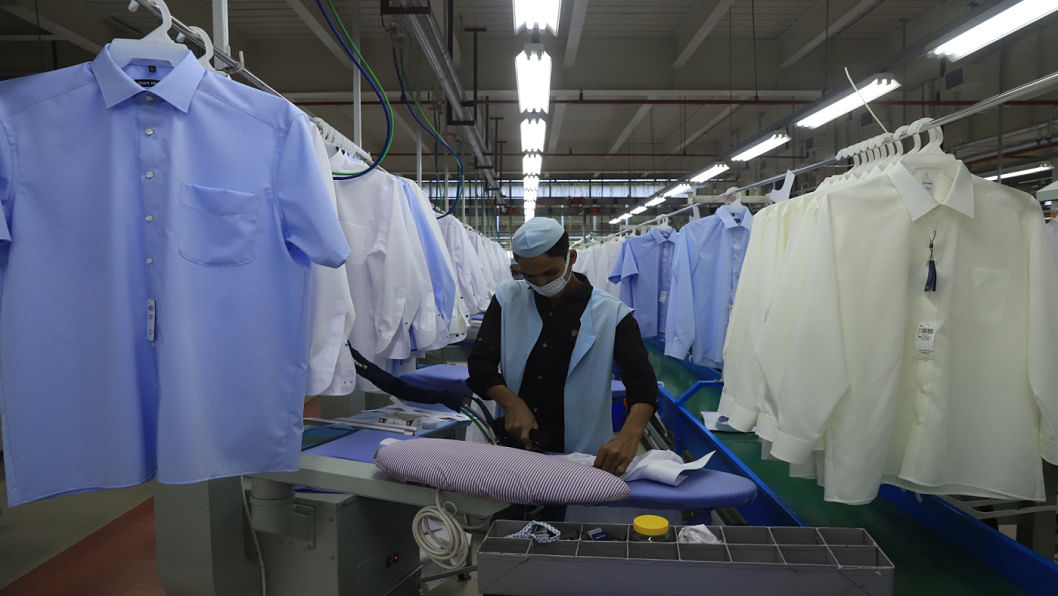Central Fund for RMG workers at risk of misuse: labour secretary

Money deposited in the Central Fund for the welfare of garment workers in Bangladesh is at risk as the disbursal activities lack transparency, according to AHM Shafiquzzaman, secretary to the Ministry of Labour and Employment.
The way the immediate past government handled deposits and spending from the Central Fund seems risky as there was a lack of transparency, he said while adding that he is trying to remedy the situation.
The Central Fund for garment workers' welfare was set up in 2016, with the country's apparel makers contributing 0.03 percent of their export proceeds in each fiscal year.
As such, nearly Tk 1,000 crore has been deposited so far, the labour secretary said.
But if the money was spent properly, Bangladesh might not have witnessed the latest spell of unrest that damaged the local garments industry, he added.
The government created the fund to provide welfare support to garment workers in times such as when they need to pay for medical treatment or their child's education, and also if they lose their jobs.
"But unfortunately, the fund was not properly used," Shafiquzzaman said.
He made these comments at a debate on the latest spell of labour unrest, organised by Debate for Democracy at the studio of the Bangladesh Film Development Corporation in Dhaka yesterday.
Shafiquzzaman also said the labour ministry is planning to establish a separate department for handling employment issues in the country.
More than 2 million fresh graduates enter the job market each year, but more than half of them end up leaving in search of work elsewhere due to the lack of opportunities within the country.
The remainder are mostly employed by private entities, he added.
Against this backdrop, Shafiquzzaman explained that the interim government will create the new department in order to facilitate local employment.
The labour secretary further said they will amend the Labour Act 2006 so that regulations within export processing zones (EPZs) matches those elsewhere, thereby reducing discrimination among workers.
Shafiquzzaman added that industries based outside the EPZs had instigated the garments workers to create the latest spell of unrest.
Moderating the programme, Chairman of Debate for Democracy Hasan Ahmed Chowdhury Kiron placed 10 suggestions for remedying the situation, such as identifying if there was any instigation by outside forces.
He also suggested ensuring proper rights for workers, forming a labour dispute commission and holding dialogues among workers and factory owners to resolve their grievances.
A team from Tejgaon College won the debate competition while Prime University became runners-up.

 For all latest news, follow The Daily Star's Google News channel.
For all latest news, follow The Daily Star's Google News channel. 



Comments